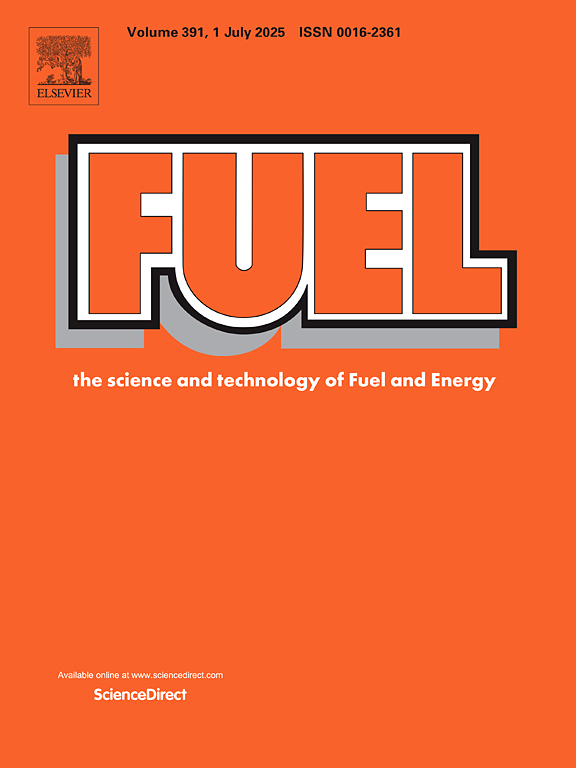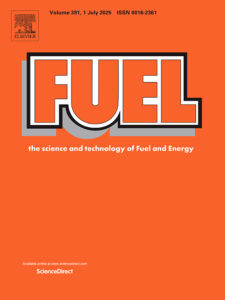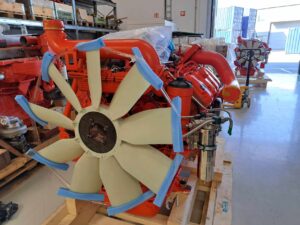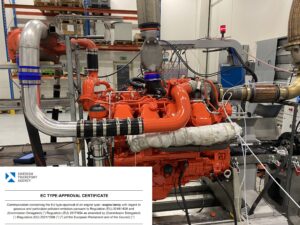We sometimes call Patrik engine whisperer, and seems he is really deserving it these days!
We are pleased to share that our CEO, Patrik Molander, has co-authored a recently published scientific article exploring the effects of port-fuel injected methanol distribution on cylinder-to-cylinder variations in a retrofitted heavy-duty diesel–methanol dual fuel engine. The paper was published in renominated science journal FUEL – The science and technology of fuel and energy with open access! Meaning, anyone interested can just click on the link and read it in full here!
Key Findings from the Study:
- Port-Fuel Injection (PFI) Viability: Methanol injection into the intake manifold offers a feasible retrofit solution for reducing diesel consumption in marine engines. This approach lowers CO₂, NO𝑥, and soot emissions, though CO and hydrocarbon emissions increase.
- Cylinder-to-Cylinder Variations: Uneven methanol distribution between cylinders—observed experimentally and via CFD modeling—is heavily influenced by inlet manifold design. At high methanol energy fractions (MEFs), mass imbalances between cylinders can exceed 18%, limiting overall fuel substitution potential.
- MEF Constraint: The maximum usable methanol fraction is dictated by the cylinder receiving the highest methanol mass, as exceeding this threshold risks incomplete combustion or instability.
- CFD-Driven Optimization: A validated multi-cylinder computational fluid dynamics (CFD) model identified fuel distribution inefficiencies. This led to a redesigned inlet manifold that reduced mass imbalance to 3%, demonstrating the tool’s utility for improving injection systems.
This research underscores the importance of collaborative efforts between academia and industry in driving innovation for sustainable shipping. At Enmar Engines AB, we are proud to contribute to this vital conversation and remain committed to developing solutions that align with global decarbonization goals.
For more insights into the study and how methanol could shape the future of marine propulsion, feel free to reach out or explore our ongoing projects. Together, we can navigate toward a greener future for shipping!




